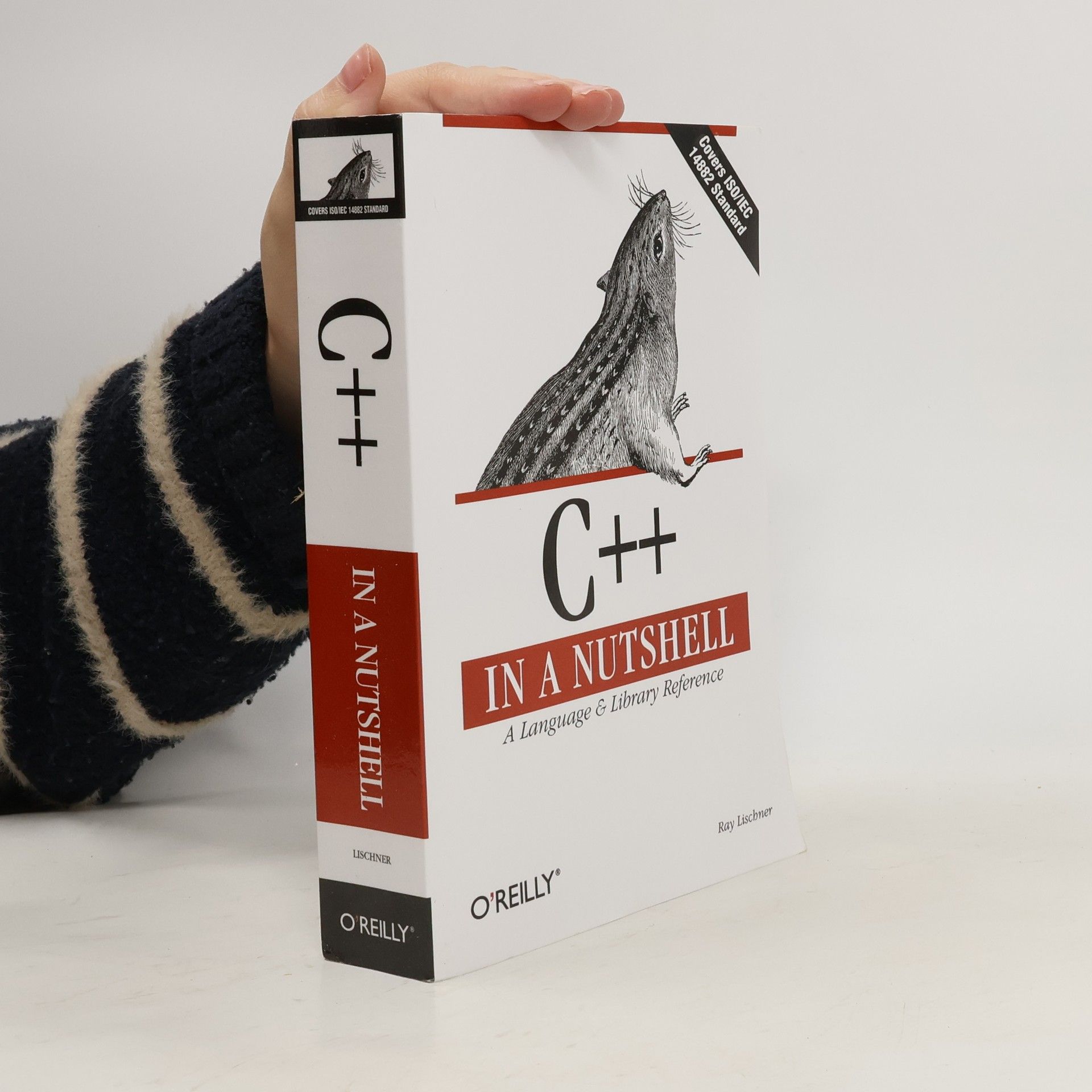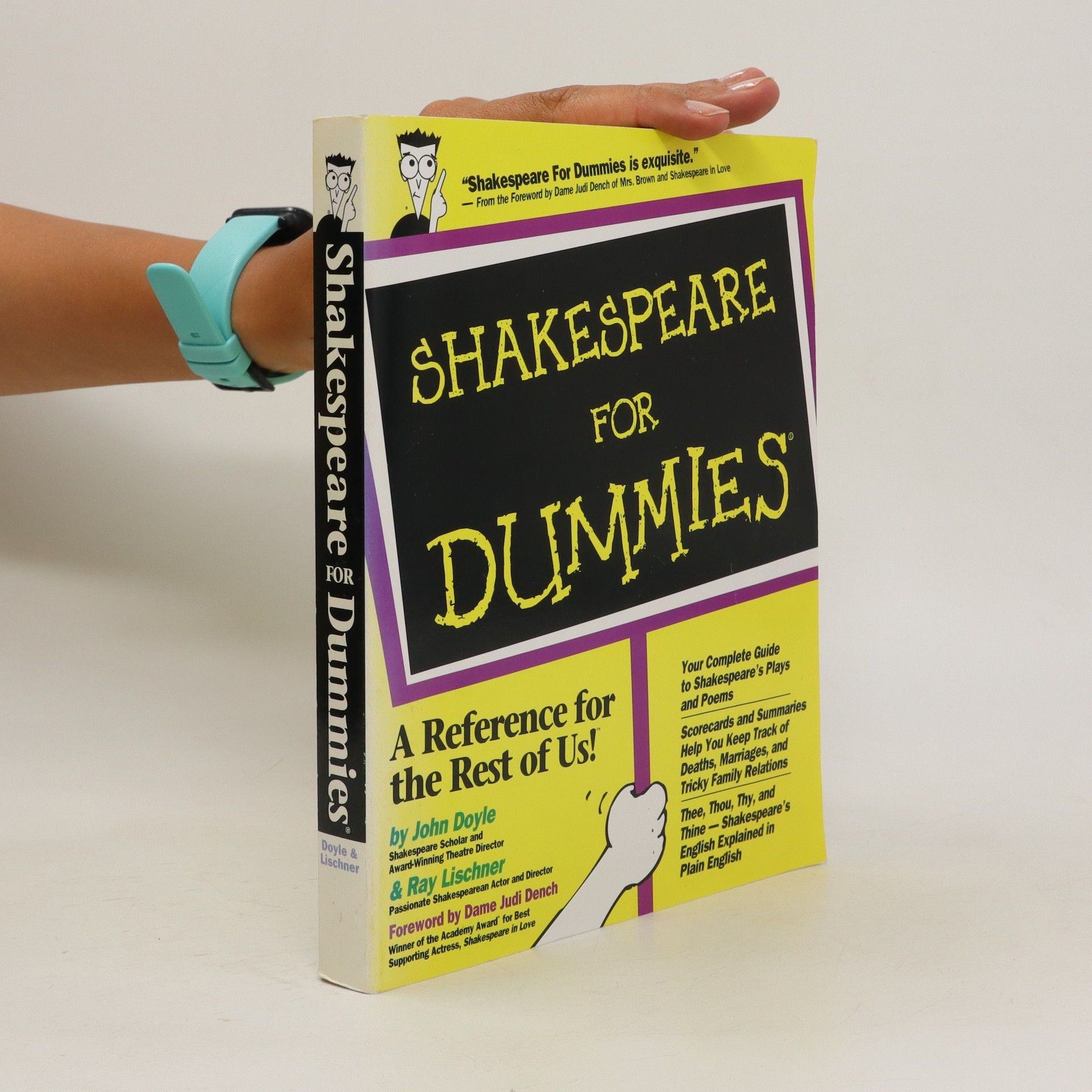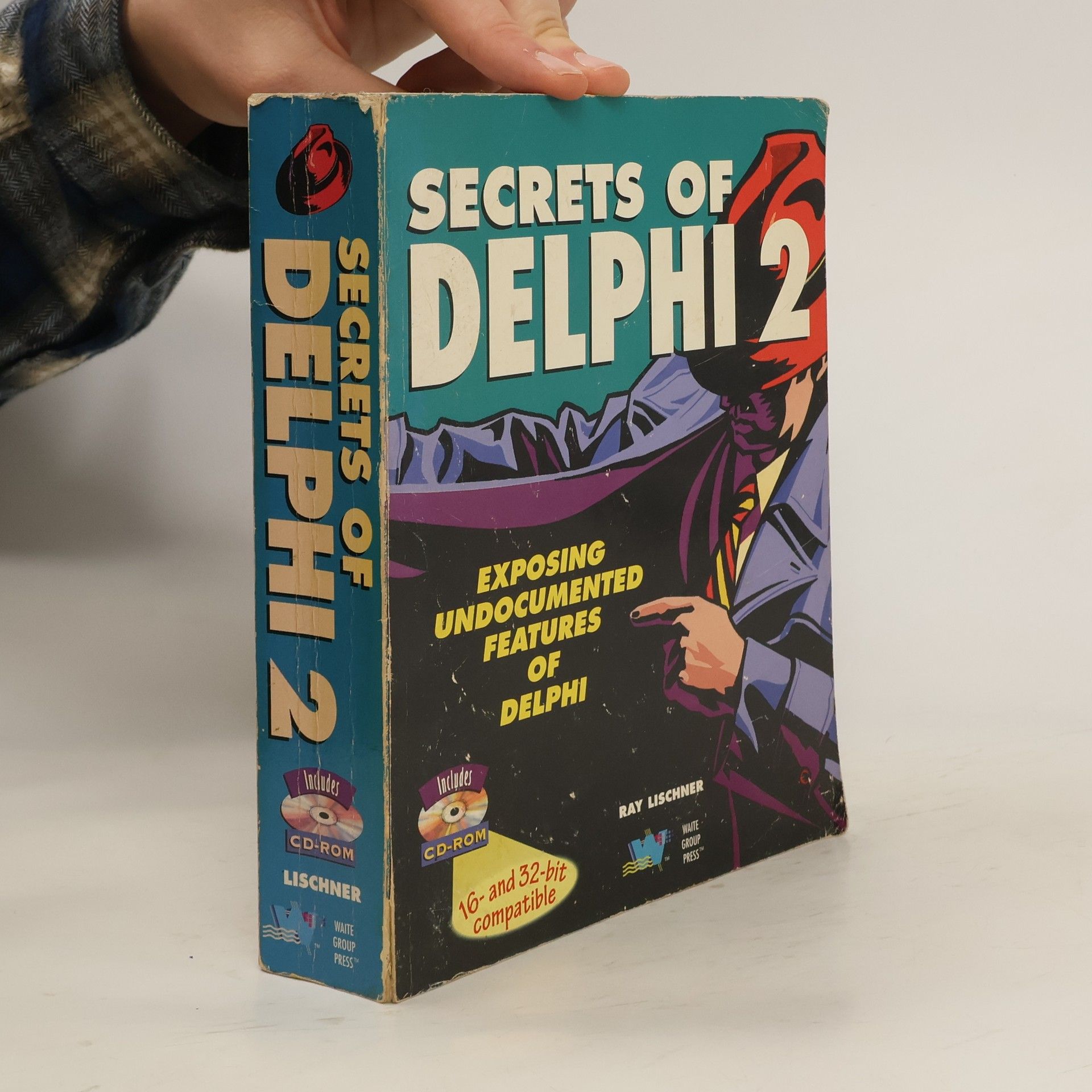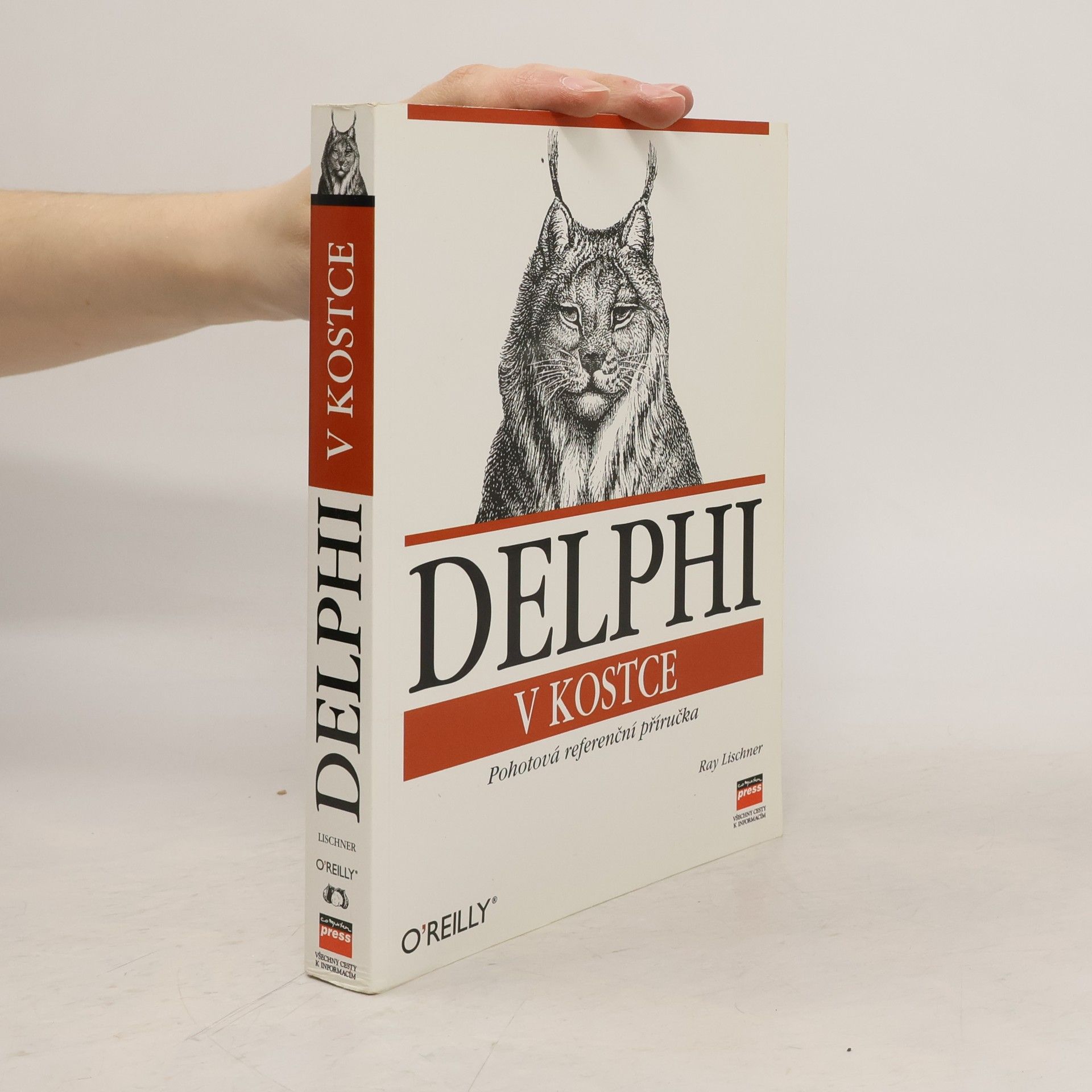Delphi v kostce: Pohotová referenční příručka
- 550 stránek
- 20 hodin čtení
Programování v Delphi, objektově orientované programování, paralelní programování





Programování v Delphi, objektově orientované programování, paralelní programování
Mastering the undocumented features of Delphi is essential for writing top quality Delphi components and applications. Secrets of Delphi 2 provides the clear, in-depth information experienced Delphi programmers need. -- Covers Delphi 2 in depth, without neglecting those still using Windows 3.X and Delphi 1 -- Reveals the secrets of easy porting between 16- and 32-bit versions of Delphi -- CD-ROM contains all the examples, code, resources, bitmaps, and complete working code examples.
“Shakespeare For Dummies” offers a uniquely accessible approach to understanding Shakespeare, making his works enjoyable for everyone. With insights from John Doyle and Ray Lischner, the guide demystifies the playwright’s complex plots and clever wordplay. Readers will explore the Elizabethan theater's quirks, including its lack of seats and female performers, and learn to navigate Shakespeare’s language filled with puns and humor. The book helps maximize enjoyment of his plays and poetry, highlighting contemporary idioms derived from his works. It also provides information on local Shakespeare festivals and performances, as well as recommendations for ten of the best adaptations of his plays and profiles of ten renowned Shakespearean actors. With straightforward language, the guide simplifies the wild world of Shakespeare through snappy summaries and scorecards that clarify character relationships and plotlines. Readers will gain a deeper understanding of Shakespeare’s life, his unique contributions to literature, and the essence of his stories and characters. This friendly guide invites readers to appreciate Shakespeare’s sonnets and non-dramatic poetry, ensuring that his works continue to thrill audiences today and in the future.
C++ In a Nutshell is a comprehensive reference for the C++ language and its runtime library. As a C++ programmer, understanding the subtle aspects of the language is crucial. The C++ standard defines not only the language but also a runtime library that includes containers, iterators, algorithms, strings, exceptions, I/O, and more, which constitutes a significant part of C++'s definition. Mastery of both the language and the library is essential for successful programming in C++. However, memorizing the intricate details of the language and all the library headers, class definitions, and member functions is nearly impossible. This is where C++ In a Nutshell proves invaluable. The content adheres to the ISO/IEC 14882 standard, including Technical Corrigendum 1. It features Backus-Naur Form syntax diagrams, concise usage information, and clear examples for all C++ statements and keywords. The latter half of the book focuses on the C++ runtime library, organized by header file, detailing functions, macros, classes, and other entities. Whether you need a refresher on declarations, template programming, or key aspects of the runtime library, the reference chapters provide essential information. Think of this book as a "force-magnifier," enhancing your programming effectiveness by offering quick access to definitions and usage for both the standard library and C++ language elements.